 Today I digress from my usual author interviews, to bring you a different sort of interview. Anyone with an interest in children’s literature will understand the vital importance of libraries, and today’s interview is about a library where dogs are welcome! (My Archie is waggling his bottom in excitement!)
Today I digress from my usual author interviews, to bring you a different sort of interview. Anyone with an interest in children’s literature will understand the vital importance of libraries, and today’s interview is about a library where dogs are welcome! (My Archie is waggling his bottom in excitement!)
Much has been written about the emotional, intellectual and social benefits of reading. Our current Children’s Laureate, Ursula Dubosarsky is a champion of libraries, and I’ve even written an article a while ago, on the importance of school libraries for the Students Need School Libraries website. We know that reading for pleasure is an important indicator of a child’s future success. But what happens if access to literature is impeded, like is the case for children who have low or no vision?
Enter Braille House, a Brisbane based yet Australia-wide library for tactual literacy. I was recently interviewed for an upcoming event on their Bookshop 507 Facebook group, by Andrew Backhouse, marketing manager at Braille house, and I was so impressed by what they do, that I decided to turn the tables and interview Andrew back! I hope you find it as fascinating as I did.
Hi Andrew, thanks so much for allowing me to interview you back!
Hi and thanks for the opportunity.
Can you tell us, what does Braille House do?
Braille House have a library for children and adults who are blind or have low vision that has over 16,000 volumes of Braille books and ebraille. We also teach Braille and produce all kinds of material in Braille.
 So Braille House is a library but also so much more than that?
So Braille House is a library but also so much more than that?
Braille House is considered a “Centre of Excellence” for Braille. We teach Braille as well as transcribing and producing Braille products such as menus, business cards, letters and documents. We also sell things like Braille calendars and greeting cards. We also work with others to incorporate Braille so that everyone can navigate the world.
Why do people with low or no sight need to read in Braille when there are so many audio books being published? Is there something else to be gained from tactile literacy?
Unfortunately, you can’t learn things like spelling or punctuation from listening to an audiobook and these are so important for education and employment. When we read, we are interpreting the text and therefore the world around us, this helps us to understand ourselves more and develops things like opinions and creativity. These are things that make us who we are.
I understand Braille books are expensive to produce. Can you explain why that is?
This is because of the speciality, transcription from a book to a Word document; then we put that text into a system called Duxbury which transforms the text into the dots; then we use special Braille embosses to get the dots onto the special paper (which we purchase from the USA); we then collate, bind and catalogue the books before they go into our library, as well as create the ebraille. Readers go online and choose a book, we post it out to them to read and then they post it back. One example of a completed book is the “Harry Potter” books, these end up being about 11 volumes of Braille. There is a lot of manual steps in the process which, if charging at an hourly rate adds up.
But from what you’ve said, it’s clearly worth the expense for the essential skill and experience of being able to read and write.
 Absolutely; not having Braille because it’s expensive would be like not having a Cochlear implant to have a deaf child hear. Yes sign language is free but, you wouldn’t deny someone the best experience just because it’s expensive.
Absolutely; not having Braille because it’s expensive would be like not having a Cochlear implant to have a deaf child hear. Yes sign language is free but, you wouldn’t deny someone the best experience just because it’s expensive.
As a picture book writer, I wonder how you would transcribe a book with text and pictures?
Picture books are very important as they introduce reading at a young age. There are 2 methods we use to do this and they both allow blind people to read to sighted children, and they also allow a book to be passed from a blind child to a sighted child so they can read the same text. We can add a description of the pictures to give the overall experience of reading. The first method is where we add a piece of tape that we add the Braille to and can be stuck directly on the pages, this can only be done if there are a small amount of words on each page. The second method involves taking the book apart and adding Braille to a plastic sleeve which is included as the book is re-bound.
In our Facebook interview we talked about the importance of reading to children for both the child and the parent in terms of not just the developmental things but also all the intangible things like bonding and connection. Having picture books in Braille not only enables blind children to read, but also empowers blind parents to read to sighted children, which is so important for both children and parents. I’m thrilled that Braille house is able to make my picture books available in their braille library.
Thanks so much. It is hard to imagine what it would be like not to be able to read to your child. It is with the help of donors, authors and publishers that we are able to provide this service.
As a not for profit, Braille House used to receive government funding, but that has stopped with the NDIS. Can you explain how that happened?
Yes, Braille House did receive some funding from Governments to produce and provide reading material for people who are blind or have low vision. With the introduction of the NDIS, the whole nature of a lot of Government funding has changed, reducing the opportunities of this avenue. Under the NDIS, a participant can get money to pay for their annual membership to the Braille House library ($25 a year), however, the NDIS will not fund the creation of the books nor the administration and overheads to provide our services. There are still some Government Grants we can access which helps.
So how does Braille House survive financially?

Braille House relies primarily on donations and fundraising, as well as the help of our wonderful volunteers. We have several fundraising initiatives throughout the year and we also have Bookshop 507. With so many not for profits competing in the donor and fundraising space, our message is that as little as $5 is a help because if many people give just $5 then we have larger funding.
Thanks so much for inviting me on the Bookshop 507 Facebook author events! You’ve had some fabulous author interviews. How did Bookshop 507 get its name?
We have been lucky to have some fantastic local and international authors ad we have some great interviews coming up as well. Bookshop 507 got the name because Braille House is actually a house located at 507 Ipswich Road in Annerley in Brisbane.
We started Bookshop 507 when a local community bookshop was closing and offered us their books. A bookshop is a great fit for a library and so Bookshop 507 was born. “Reading funding reading” and “Print books for sale funding library books in Braille” have been a great way to promote what we do and the customers of Bookshop 507 have really responded well to the fact that all money raised from the sale of second-hand books goes to produce and provide reading material for those in Australia with low or no vision. All books are $5 or under and are donated by the community. The Braille House library has first pick of the books so they can choose the ones to be transcribed into Braille.
You also work with organisations to provide advice and materials in Braille, to facilitate access for people with low and no vision. What are some of these areas?
These are quite varied, as we are able to produce any printed information in Braille. We have produced things like business cards and Access and Inclusion plans for companies in Braille; we have worked with art galleries to produce information cards; menus are also another area where braille can be used to highlight that their restaurant/café is for everyone. We also have a Community Library Membership for organisations such as Community Centres, Early Childhood Centres and Schools which allows the member organisation to have access to our library books for anyone in their community. This is important because for every 100 books that a sighted child has access to, a blind child will have access to between 3 and 5 books, these community library memberships bring equality to the access.
 You’ve explained the importance of reading and writing as being an essential skill for all people, and the writing competitions you run are a great way to support and encourage this. Can you tell us about them?
You’ve explained the importance of reading and writing as being an essential skill for all people, and the writing competitions you run are a great way to support and encourage this. Can you tell us about them?
We run the Dickinson Memorial Literary Competition which, in 2020, celebrates its 99th year and is a writing competition for people who are legally blind. Cash prizes are up for grabs and we have also added a “People’s Choice” category that sighted people can enter and all of the entries are voted by the public on our website.
Another big event for Braille House is the Braille challenge where we have children who are braille users from all over Queensland compete in a reading and writing challenge; some come to Braille House and some participate online. This is great fun and also provides an opportunity for the kids to get together once a year and make friends with others with low or no vision.
How has Covid affected what you do?
Unfortunately we have had to suspend all tutoring as this is done face-to-face and the students need to touch the Braille. Luckily, we have been able to keep the library open; we just need to disinfect the books as they leave and when they return. Where we have been impacted the most is our ability to fundraise as we have had to close Bookshop 507 and cancel the annual Braille House Fair.
StoryHound Archie loves the fact that Braille House is dog friendly!
And Braille House loves StoryHound Archie! Archie is welcome at Braille House anytime and may even catch up with other dogs as Guide Dogs are a common sight at Braille House as many of our readers have them. We also have special areas where the dogs can take a “Break” and they have water stations throughout the house.
What can authors do to support you?
We appreciate the help that we get from authors and they are able to support Braille House by simply liking and sharing our social media stories to help get our message out. Other ways to support are to donate, participate in the author event interviews or provide books to be sold in Bookshop 507 or to be transcribed into Braille.
 Thanks Andrew. My books are in the mail!
Thanks Andrew. My books are in the mail!
To find out more about Braille House, enter the writing competition, or to donate, visit their website: www.braillehouse.org.au.
Check out their author interviews on their Facebook page and follow on Twitter, Instagram, Linkedin and Youtube.
You can find out more about me at: www.debratidball.com
StoryHound Archie is on Instagram @story_hound
You can see the article I wrote for the Students Need School Libraries website here.






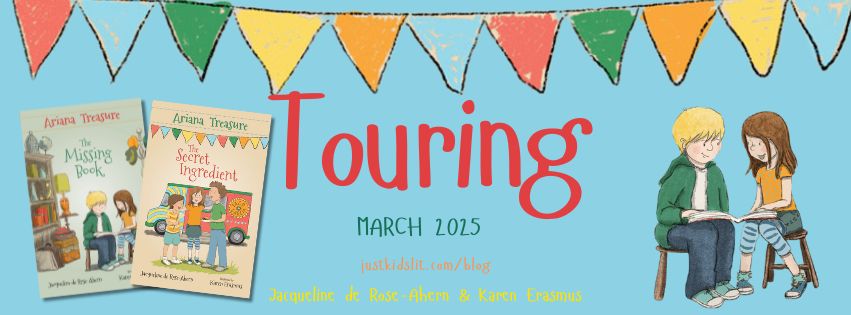
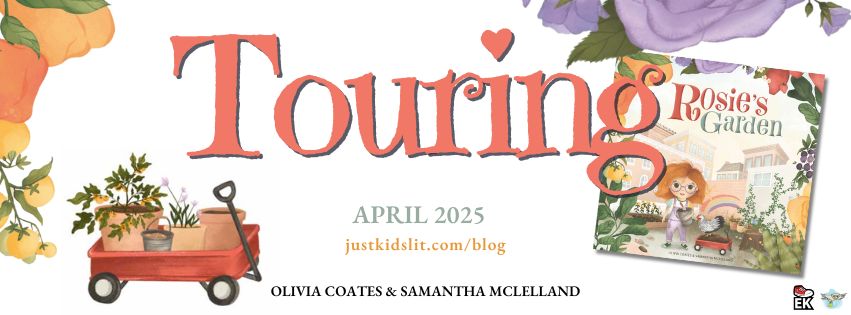
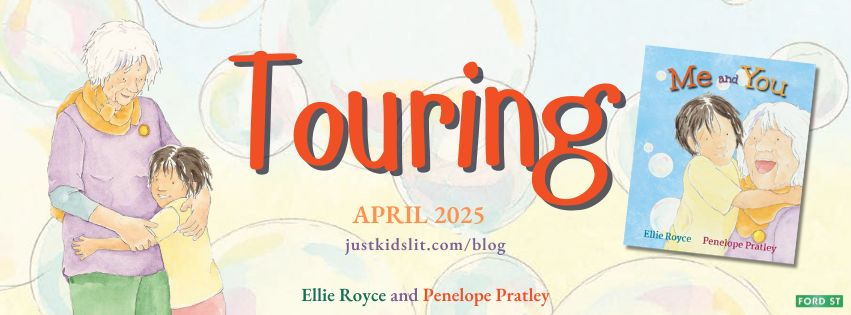
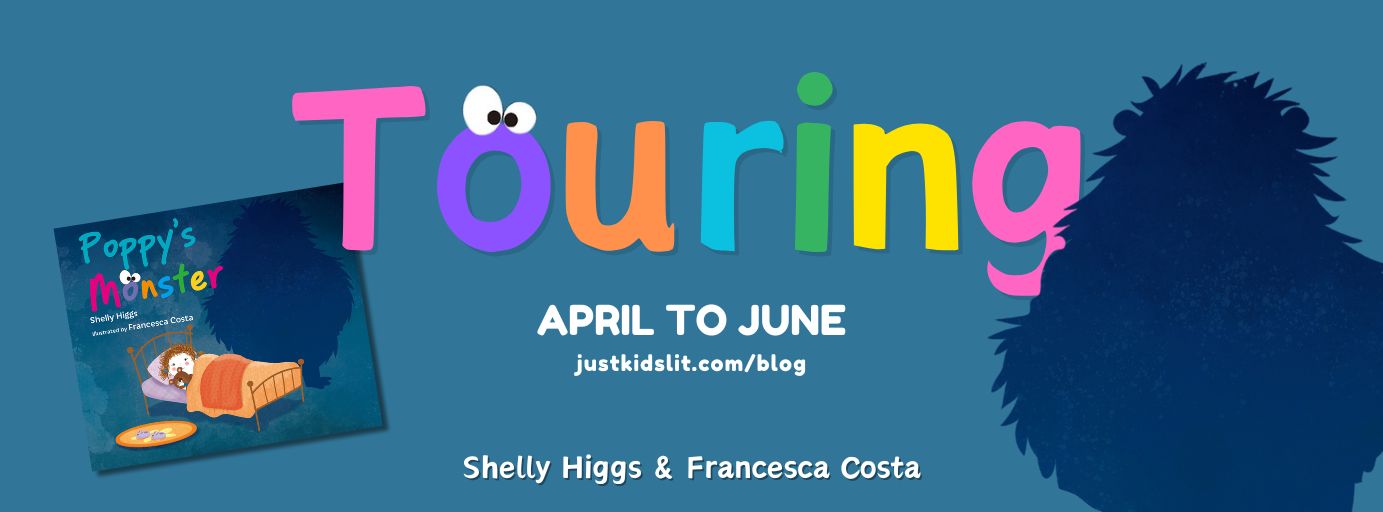
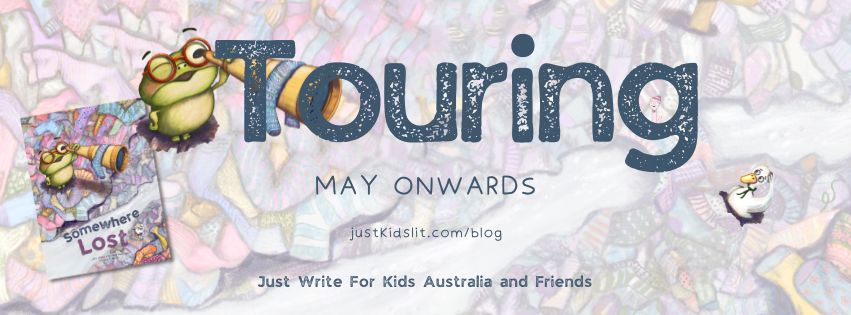





7 thoughts to “Library Love!”
Awesome Interview, Debra and Andrew!
I’m so grateful that Braille House published Song Bird Superhero in Braille for children Andrew invited co-author Steve Tyrrell and I to present Song Bird Superhero & Friends show to kids online at Braille House .
Cheers, Karen Tyrrell aka Song Bird
That’s brilliant, Karen! I’m sure the kids would have loved it – and they get to read it over again in Braille! Cheers!
Great interview, Debra and Andrew.
Andrew, what a fantastic role Braille House plays in supporting people with low or no vision. It’s disappointing that COVID-19 has meant so many of your usual activities have had to be cancelled but it must be even more frustrating to have to survive without any Government support. I would have considered this an essential service to provide even the slightest sense of equity. The difference between the number of books available to sighted children with the number available to children with low or no vision is appalling. I applaud your organisation for doing what you can to change that.
Thanks Nora, I appreciate your passionate response! So glad the article shone a light on the work Braille House does, and hit a nerve with people.
Yes, it was very informative, Debra. Thank you.
Such an informative and interesting article Debra, one that excites me. I hope more donations come and there is wonderful connections in the literary world.
Thanks Marg. So glad you found it interesting too!